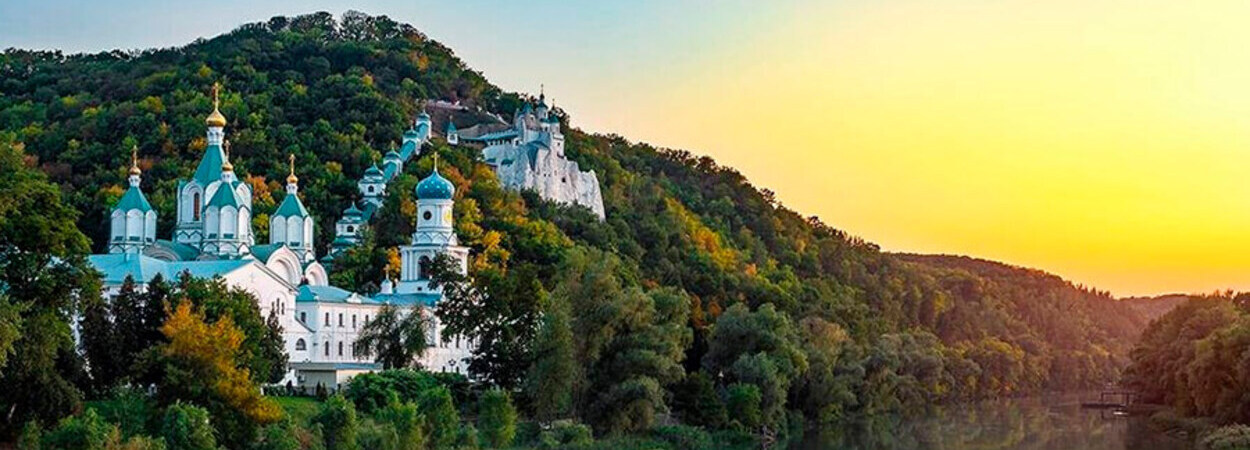
Othodoxy is not confined to a single country or culture — it is the living faith of the one, holy, catholic, and apostolic Church. The World of Orthodoxy section of Saint Elisabeth Convent’s website invites readers to discover how the Orthodox tradition is lived and shared across the globe.
Here you will find articles and reflections on the life of Orthodox communities in different countries, stories of churches and monasteries, and testimonies of the faithful. These materials help us see that, while languages and customs may differ, the essence of the Orthodox way — prayer, sacraments, and love for God — remains unchanged everywhere.
This section also presents accounts of saints and spiritual elders from many lands, whose holiness continues to guide Christians today. Their lives show that the light of Christ shines in every place where people open their hearts to Him.
Readers will also encounter reflections on Orthodox culture and history: sacred art, iconography, architecture, and liturgical traditions. Each article becomes an opportunity to appreciate the beauty and depth of the universal Church, which unites heaven and earth.
The World of Orthodoxy is a space of dialogue and encounter. By exploring its pages, you can travel from Minsk to Mount Athos, from Russia to Greece, from Serbia to America — discovering how the Orthodox faith flourishes and transforms lives throughout the world.
We invite you to read, to learn, and to be inspired. May these stories of the wider Orthodox family strengthen your faith, deepen your love for the Church, and remind you that wherever you are, you are part of one Body in Christ.
The Orthodox Church approaches the Great Lent which will start on February 23rd according to the Julian calendar. In order to prepare for the Lenten journey, the Church gives us four pre-lenten weeks to help us understand why we fast.
On January 19th, the Orthodox Church celebrates the joyous Feast of Theophany. In Christian tradition, the feast of Theophany commemorates the baptism of Jesus Christ by Saint John the Baptist and the manifestation of Christ as God.
Why do some Orthodox Christians keep Christmas after the rest of the world has moved on? This article explores the science, history, and spiritual logic behind the Old Calendar — and why, for the Church, time is more than a calculation.